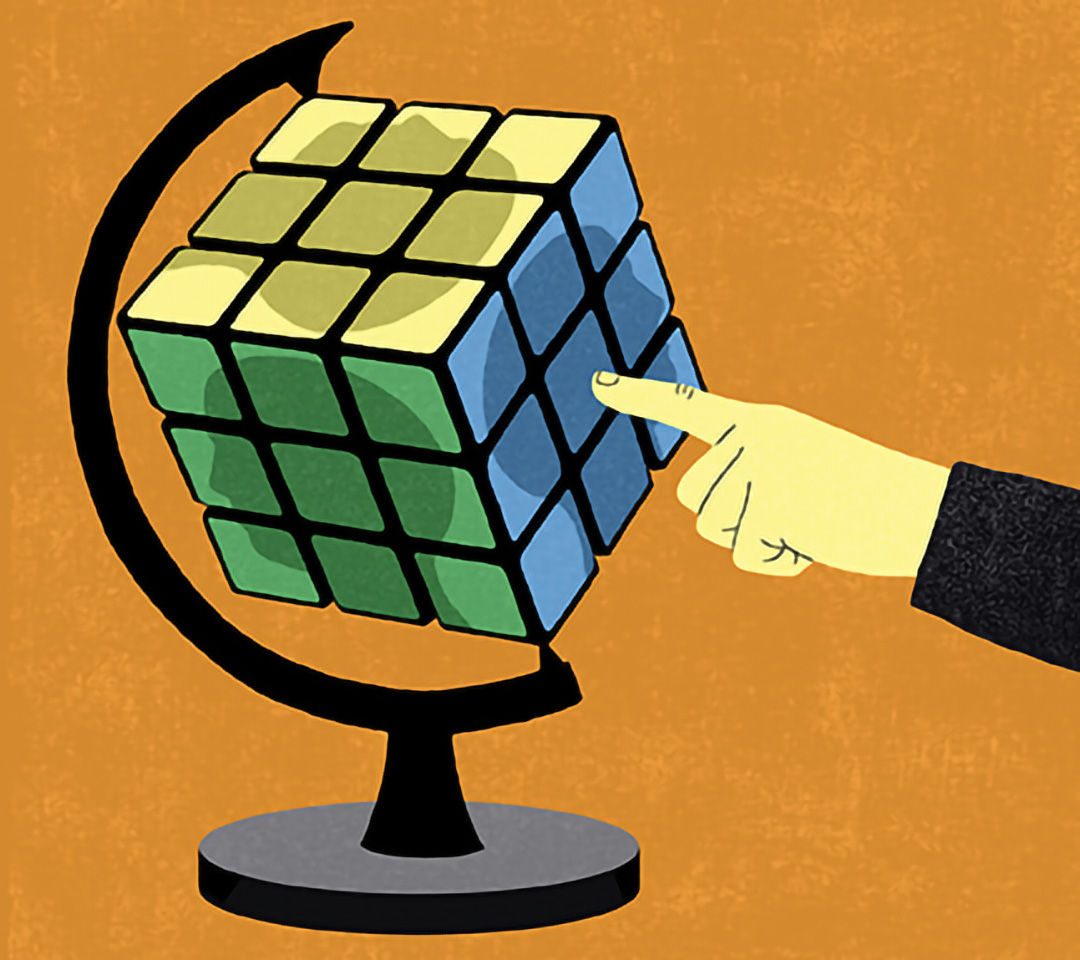Jessica Li ’15 works with a global nonprofit to evaluate and solve social problems.
From children’s health in Rwanda to unsustainable farming practices in Iowa, Jessica Li ’15 applies behavioral science to real-world challenges. “Behavioral science is all about understanding the context,” she says. “How do people’s environments or the design of a social program interact with their minds and their perceptions? How does that affect how they interact with a program?”
After earning her master’s in public policy analysis at the University of California, Berkeley — and a stint at The People Lab, where she honed her behavioral science skills — Li joined the nonprofit design and consulting firm ideas42. The organization works across many areas, including postsecondary education, global and domestic health, and safety and justice, in partnership with both public and private sector clients. Li is a senior behavioral designer on the firm’s Global Development team. “Each team applies behavioral science, but often in very different ways,” she says.
Every project starts with generating evidence-based design to address an existing problem. “Methodology is important,” Li says. “We first identify the behavioral problem, which often looks like people acting against their best interests, or having intentions to do something but struggling to follow through.” Then the team spends time interviewing people, collecting qualitative data, and creating hypotheses. “We target behavioral barriers that we believe exist and develop a series of hypotheses for how these barriers impact behavior.” After analyzing the data, they take it a step further — designing and presenting a new intervention. “We want to deliver value and be agile with our designs, and we seek to develop ones that are feasible and implementable at scale.”
“We target behavioral barriers that we believe exist and develop a series of hypotheses for how these barriers impact behavior.”
Jessica Li ’15
Right now, Li is currently focusing on two projects that illustrate the wide reach of the organization’s impact. The first one is an effort to help the Rwandan government improve a program that fights stunting, a lack of growth caused by chronic malnutrition, by providing families with funds to purchase food. “They have a cash transfer program and wanted to see better results. To that end, we explored questions such as, ‘What are the contextual features that might prevent people from using this cash in the way the government — or even the constituents — want?’”
The other project Li is working on focuses on encouraging farmers in Iowa to embrace more sustainable agricultural practices. While she and her team mostly meet with clients remotely, Li makes periodic site visits to understand the context and observe tests of new approaches. For Li, a typical day could include interviewing farmers in Iowa to understand the behavioral barriers to adopting a cash-subsidized sustainable agricultural practice — or analyzing qualitative and quantitative data to inform the design of a new social program or campaign. “This job is very applied,” she says. “We spend a lot of time working directly with clients, going through the stages to generate a design that will address the problem.”
Prior to ideas42, Li’s career included a stint in local government and a fellowship with Princeton in Africa at a public health nonprofit in Zambia. There, she trained teachers in basic triage skills and coordinated with clinics to ensure school children received prompt health care. “Our goal was to make the system run more smoothly for people who need to access it,” Li explains. “It would help kids miss school less and be more engaged while they were there, helping to improve their education outcomes.”
Ultimately, Li hopes her work will make a positive difference in people’s lives. “Behavioral science is a powerful tool for social or policy change.”

